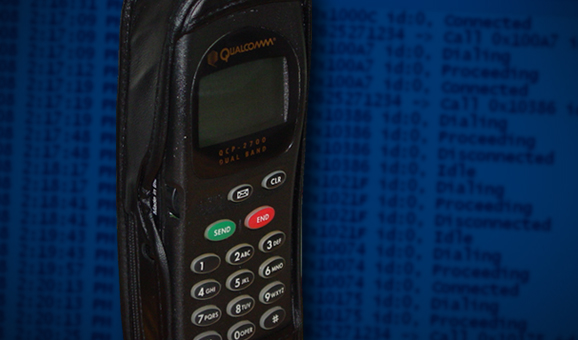Stalled in Committee after 1851 Testimony, Bill would permit sharing of
“any information” to law enforcement, if not amended
Columbus, OH – The 1851 Center for Constitutional Law took action that stalled passage of Senate Bill 5, legislation that, if enacted, would permit warrantless acquisition, by state and local law enforcement, of Ohioans’ travels and cell phone communications.
The fast-tracked Bill, which passed 32-1 in the Ohio Senate and was poised to be voted out of its House committee voted on by the entire House on June 19, and enacted into law within a matter of days, received almost no public or media scrutiny until the 1851 Center’s involvement.
In his testimony before the House Committee on Transportation Public Safety and Homeland Security, 1851 Center Director Maurice Thompson explained the following:
- The Bill authorizes wireless service providers to break their voluntarily-agreed-to contracts with Ohio customers, to whom they’ve promised privacy, and strips Ohioans of their right to enforce these contracts, or sue for damages (Cell phone carriers are granted absolute immunity for sharing information with law enforcement).
- The Bill is broader than the controversial federal NSA program, in that it authorizes searches not related to foreign communications or terrorism, including activity related to petty crime such as driving infractions, or no crime at all.
- While the Bill’s initial requirements of an “emergency” are well-defined, later division of the Bill place no limits on local law enforcement’s authority to acquire cell phone records of any Ohioan for any reason.
- Cell phone companies have considerable incentive to share this information with Ohio police, to whom they can sell this information without liability (under the Bill) at up to $2,200 per search.
“We were shocked to learn that this Bill had overwhelmingly passed the Senate with such speed, and that there was previously no opposition,” said Maurice Thompson, Executive Director of the 1851 Center. “Ohioans should be free from warrantless searches of their phone records except in the gravest of emergencies, if at all, and they should be free to contract with carriers that will not sell their information. This Bill would violate those constitutional principles, accomplishing the very thing the Fourth Amendment was written to guard against. That is why we have taken this action.”
After an hour of testimony by Thompson, which sometimes included tense exchanges with state representatives, the House Committee agreed to table the Bill and field the 1851 Center’s proposed amendment – – which require a search warrants before any non-emergency acquisition of cell phone information may occur – – before taking further action on the Bill. The next Committee meeting on the matter is not yet scheduled.
Upon review of 1851 testimony, several Senators who voted for the Bill have indicated that the Bill was misleading, and that their support, at the behest of Senate leadership, was too hasty.
Read The 1851 Center’s testimony on proposed Senate Bill 5 HERE.
June 19, 2013: WBNS-10TV: Kelsey’s Law On Hold In Ohio After Cell Phone Privacy Issues Raised
June 20, 2013: Sandusky Register: Ohio lawmakers hot for snooping power




